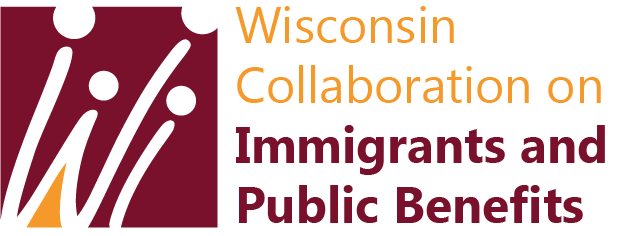Centro believes in esperanza (hope) as foundational in all it does. Through programming and in partnership with the community, Centro aims to strengthen access to family-centered community strategies that address the social determinants of health.
Whether through youth programming, immigration services, or family services, the intent is that the community engages with staff committed to centering hope and healing for themselves and those they serve.
HOLA (Healthy Opportunities for Latin Americans) is a 501(c)(3) tax-exempt organization that serves as a vital bridge, connecting the Latino community in an eight-county area of central Wisconsin by improving access to healthcare, community services, and legal resources.
Our commitment lies in promoting economic advancement and civic engagement for workers and families from Latin American countries.
Working for social justice since 1853, the Milwaukee Turners are the oldest civic group in the city, dedicated to strengthening our community based on the ideal of a “Sound Mind in a Sound Body.”
Our guiding principles are “Liberty against all oppression; Tolerance against all fanaticism; Reason against all superstition; and Justice against all exploitation.”
Established in 1979, the National Immigration Law Center (NILC) is one of the leading advocacy organizations in the U.S. dedicated to advancing and defending the rights and opportunities of low-income immigrants and their loved ones.
The Protecting Immigrant Families coalition brings the nation’s leading voices for immigrant rights and health care and human services together to fight for a more equitable, more prosperous future.
PIF and its partners are changing public policy, engaging immigrant families and tracking policies that matter to immigrant families.
Voces de la Frontera is a statewide membership based community organization led by low-wage workers, immigrants and multiracial youth whose mission is to protect and expand civil rights and workers’ rights through leadership development, community organizing and empowerment.






